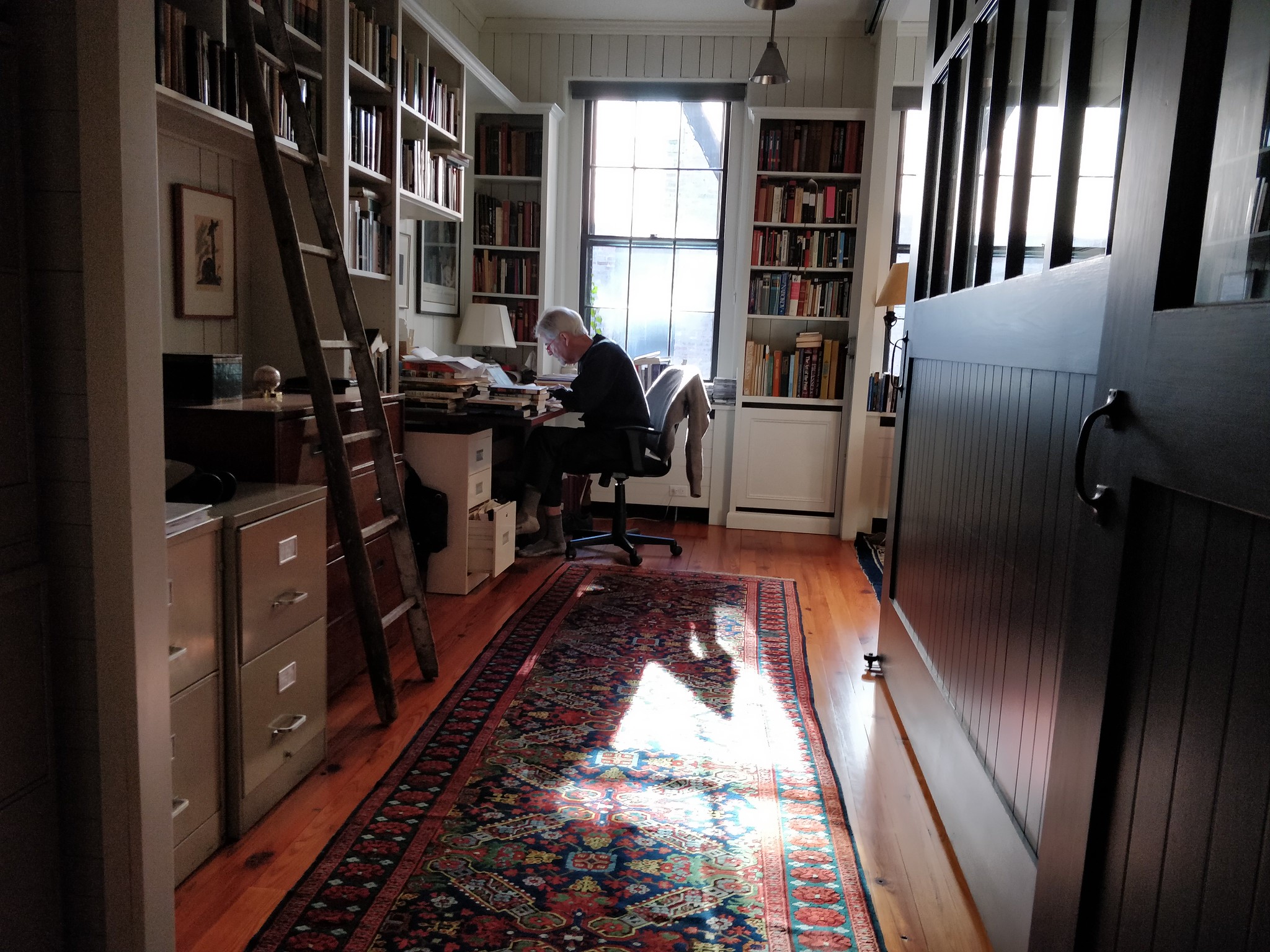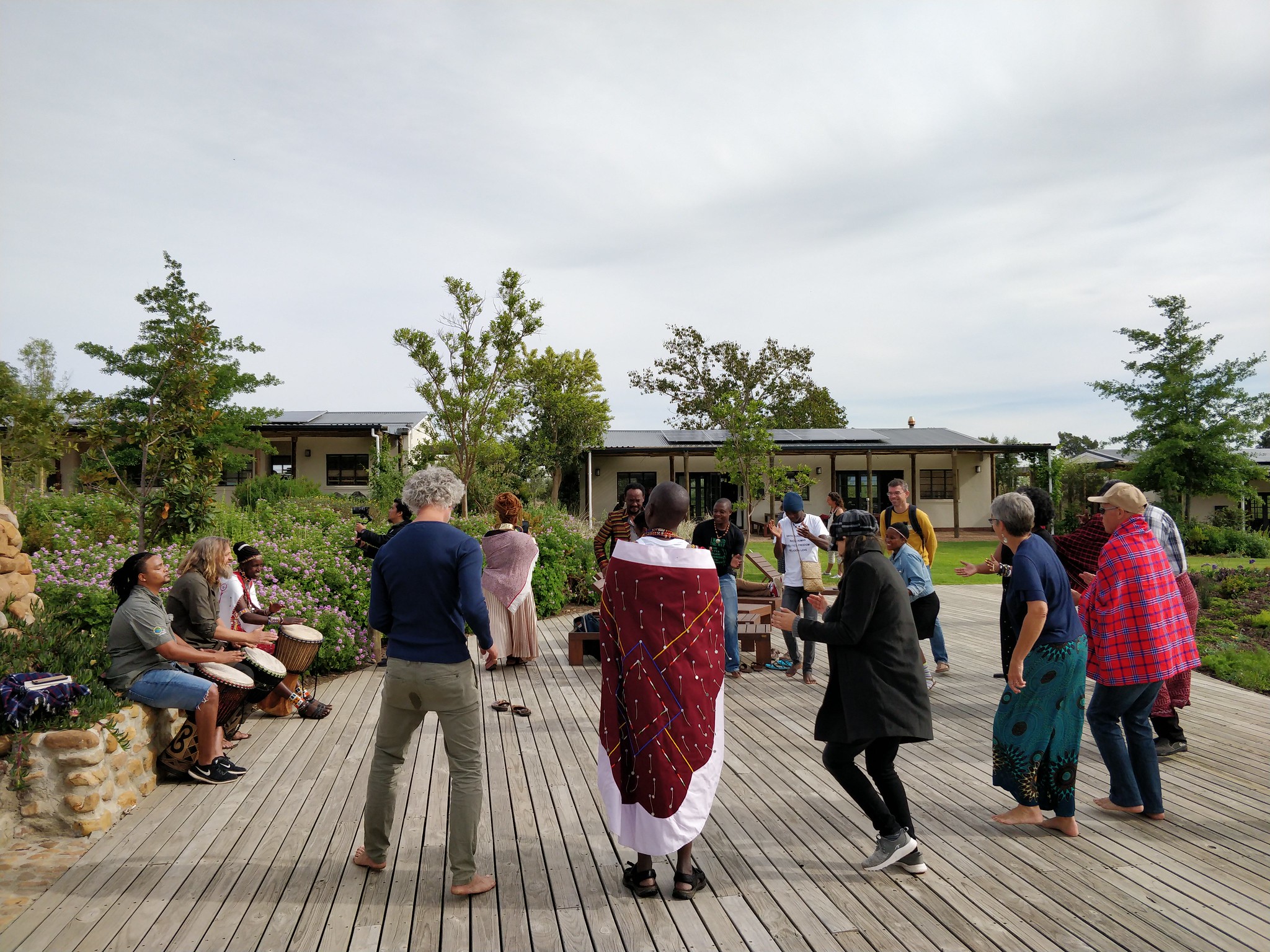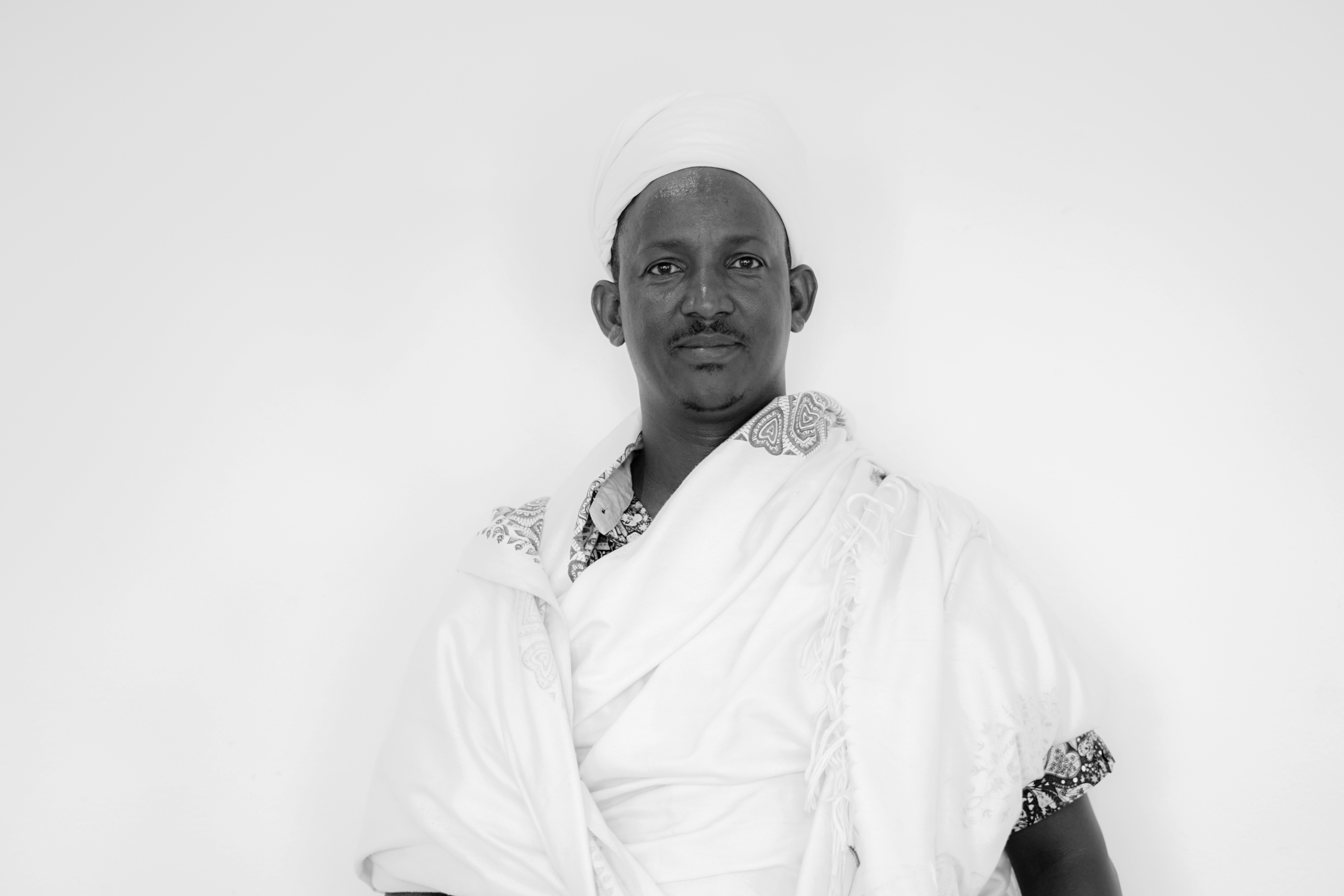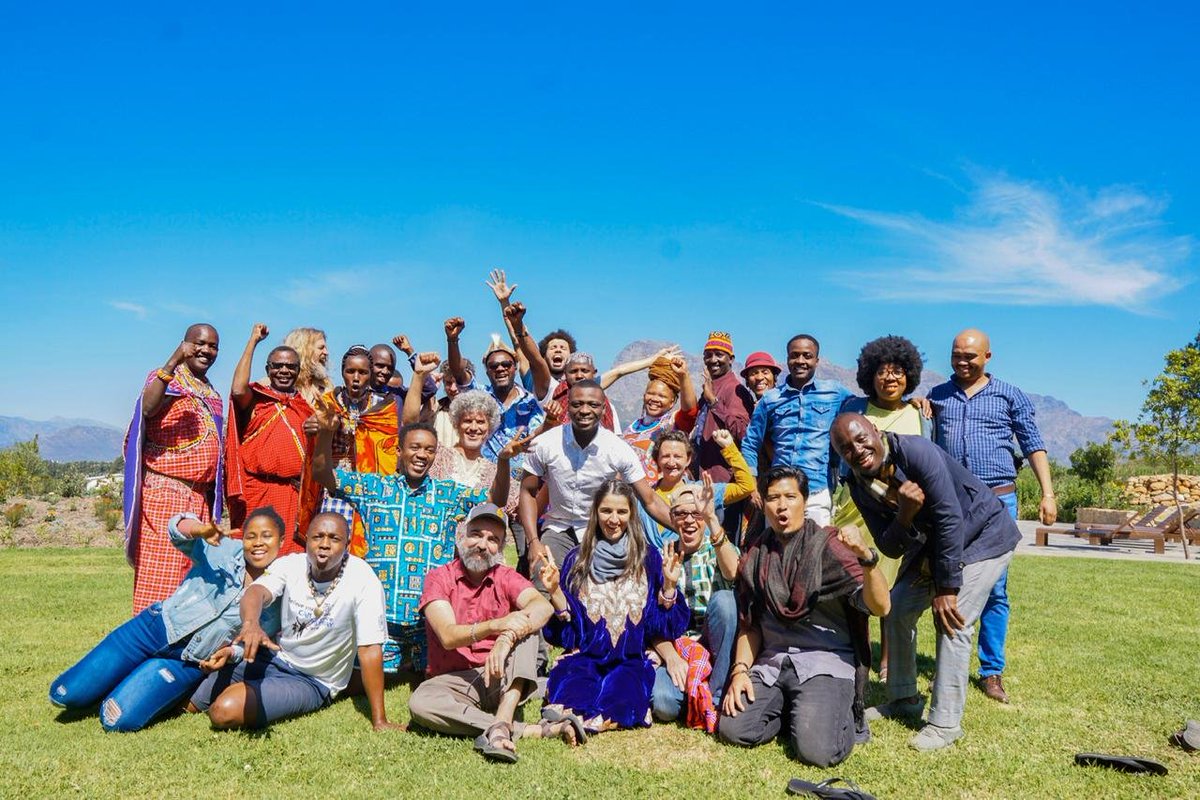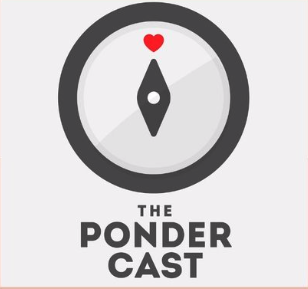Somehow the end of a year (and a decade this time) doesn’t feel right if I don’t find myself at the dinner table in Boston sitting across from Christopher Lydon. The voice of the world’s first podcast, he’s been my north star ever since I started this thing long before itunes had podcasts or NPR knew what to do with the internet. As luck- or perhaps fate– would have it, Chris and I have become close friends over the years and the annual “where are we, what happened, where are we going” podcast conversation are among my most favorite rituals. (right after oatmeal, working on an episode of ROS with Mary and the team, and a historical walk around a neighborhood of Boston).
This year we can’t help but talk about the socio-policial state of the world, as well as the environmental crisis we continue to march towards. Then there’s music, books, conversations that have been important to us which may shed some light on why all this is happening and what there is to appreciate or condemn when all is said and done. Lastly, as good friends surely will, we take time to appreciate one another, as we both arrive at landmark decades when it comes to age and wisdom.
Listen in and stay for the whole ride for what is an honest and heartfelt conversation… to end one year and welcome in another.
Identity in South Africa: A Roundtable Discussion
Identity. Land. Displacement. Trauma. History. Struggle. Fear. Anger. Future. Environment. Income. Danger. Knowledge. Loss. Curiousity. Safety.
These are a few of the words that came to mind listening back to this very special round table discussion recorded in South Africa with 3 South African friends. The major topic was identity in this age of information. From the city to the rural areas. From the past to the present and beyond, we discuss what is happening for many people around the topic of identity. This was a spontaneous, beautiful conversation recorded a few weeks ago at the V4C gathering in Boschendaal. Furthermore, as our dear guests ask at the end of the program, it would really mean something to hear back from you about what you think, feel and experience around these issues.
Jillo Katelo: Empowering Indigenous Communities in Northern Kenya
There is a force referred to as development that has arrived in Northern Kenya. It brings highways, wind farms, pipelines, cables, standardized education, and new towns where the government wants people to live and work. What it also brings is pollution, inequality, disappearing cultures and languages, an end to nomadic lifestyles that have existed for hundreds of years. While all this is happening, extreme weather has also arrived, taking people who have long known how to live in balance with the environment and thrusting them into the uncertainty and destruction climate change leaves in its wake.
Amidst all this struggle there is also hope. Communities have become aware of what development can do to them. They have become concious of the need to preserve knowledge and restore culture. And this is all being done not in isolation, but through sharing of experiences and strategies with communities facing the same circumstances throughout the continent and the world.
My guest today, Jillo Katelo of the Kivulini Trust, speaks of a childhood where there was balance and joy in his community. Only to be replaced nowadays by an erosion of that way of life as it increasingly under attack in the name of development and so-called economic progress. But the story doesn’t end here, listen in as Jillo talks about his home, how it is changed, and what he is doing empower communities and challenge the modern-day religion that places profit margins above humanity.
Links:
Voices 4 Change: Indigenous Activists and Friends in Africa
This month I had the great honor of being present at the Video 4 Change gathering in South Africa. This meeting brought together indigenous activists from different parts of the continent, as well as allies and friends from the rest of the world. The topic: the struggle for indigenous rights in a globalized world where in the name of profit and development, people who have long lived in harmony with their environment are being forced to discard their identity and physically pulled from their ancestral land. How is this happening in an era of sustainable development goals and human rights? What can be done to help communities defend themselves and be heard on a national and international scale?
Madge Weinstein: There Aren’t Enough True Crime Podcasts
My esteemed colleague and media icon Madge Weinstein returns to the podcast today to dissect the podcast hype. As one of the first podcasts ever to exist in the history of the world, you will rarely hear from a visionary with the extensive experience and self-loathing that Madge brings. We also discuss impeachment, social media narcissism, and eventually things that we actually like. So amazing. Weew. It’s Madge!
Joana Ponder: Empowering, Reconnecting, and other Passion Projects
Joana Ponder has an approach to life that I greatly admire. She’s also a fun person to speak with. For these reasons and more I invited her to the kitchen table for a conversation about what she’s busy with when it comes to how we see ourselves and approach life through good times and bad.
Her Website. Her Podcast: The Pondercast
